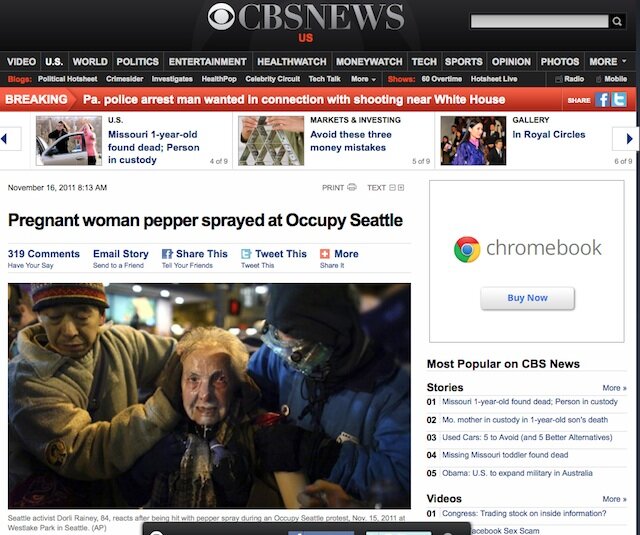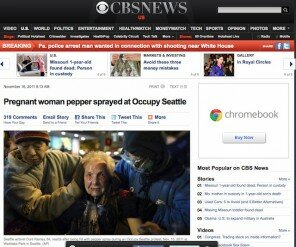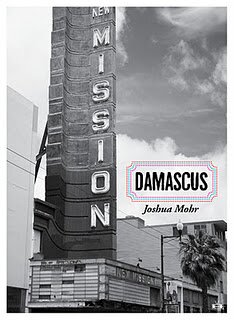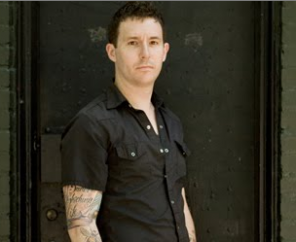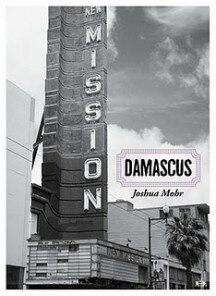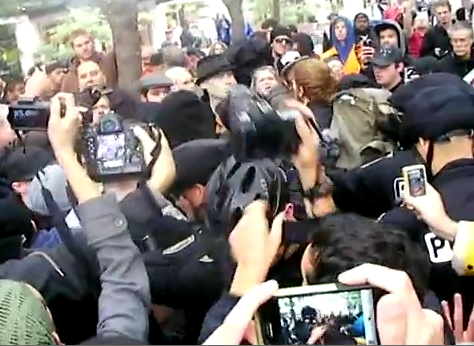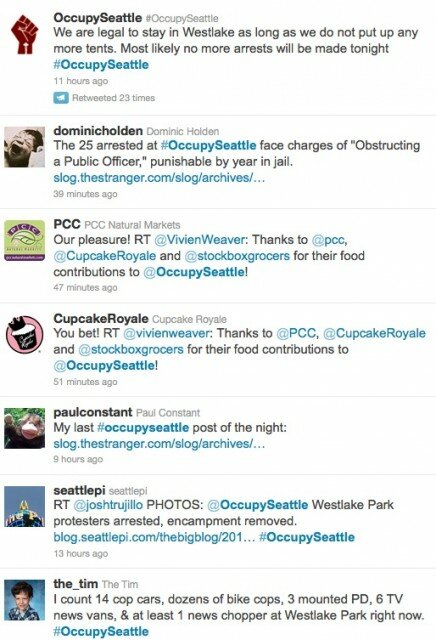Back in March Seattle actor, producer, and all-around man of the theatre Tyrone Brown noticed that his mother, Beverly, was calling more often. In fact, she called him every evening just to make sure he made it home safely. Tyrone is 41 and has been getting himself home safely for some time now.
What had changed was the killing of Trayvon Martin, which highlighted the dangers of being a young black man in American today. “It didn’t dawn on me until I realized she was really scared for her son,” Brown said in a recent email.
That realization combined with a conversation Brown had with his sister about her sense of powerlessness in the face the shooting inspired him to do something about these conditions. “Both those events spurred me to quickly write an email (before I talked myself out of it) to the playwrights I knew and get the ball rolling,” Brown said.
The collection of theatrical shorts resulting from that impulsive email blast can be seen for one night only at Rainier Valley Cultural Center (Friday, May 18, at 7:30 p.m.; tickets $5-$20).
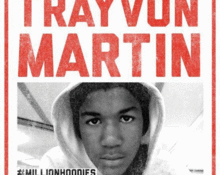 Hoodies Up!: The Trayvon Martin Protest Plays is an awareness and fundraising event that promises to delve into questions of race and perception with a series of short plays inspired by the Trayvon Martin case. Each play features a character wearing the sweatshirt that has come to symbolize racial profiling. Proceeds will be donated directly to the Trayvon Martin Foundation.
Hoodies Up!: The Trayvon Martin Protest Plays is an awareness and fundraising event that promises to delve into questions of race and perception with a series of short plays inspired by the Trayvon Martin case. Each play features a character wearing the sweatshirt that has come to symbolize racial profiling. Proceeds will be donated directly to the Trayvon Martin Foundation.
Brown notes that in addition to fundraising in Martin’s memory, “Hoodies Up! also has an ‘awareness’ where we will focus on the Second Chance (On Shoot First) campaign and voter registration.” This piece of the event directly addresses the concerns that initiated this project. Brown hopes that “people will leave the evening feeling a little empowered and hopeful.”
Paul Mullin, one of seven playwrights who will be featured in Friday night’s show, provided some insight to his approach. “It is less about talking about the event itself,” he said, “and more about the bigger issues and questions the event unearthed.”
Mullin believes that theatre is an important tool to help society to cope with injustice. “The justice system doesn’t help communities process pain and anger and disillusionment. They simply determine guilt or innocence in a rigidly structured narrowly scoped framework.” He sees theatre and other arts as addressing the emotional side of justice. “Without artists working through these issues a lot of hearts get left out in the cold,” he said.
The evening’s line-up will include We Have So Much To Learn by Kathya Alexander, Bottom Line by José Amador, Is This The Day, Walking While Black? by Najee Sui-Chang, Trees In The Window by Lois Mackey, White Boy Can Take A Punch by Paul Mullin, An/Other by Nick Stokes, and End Of The Rainbow by Sharon N. Williams.
More than a dozen actors designers and community members are involved in the production including directors José Amador, Maggie Holmes, Pearl Klein, Danny Long, and Andy Jensen. As of Tuesday morning, tickets were still available.
